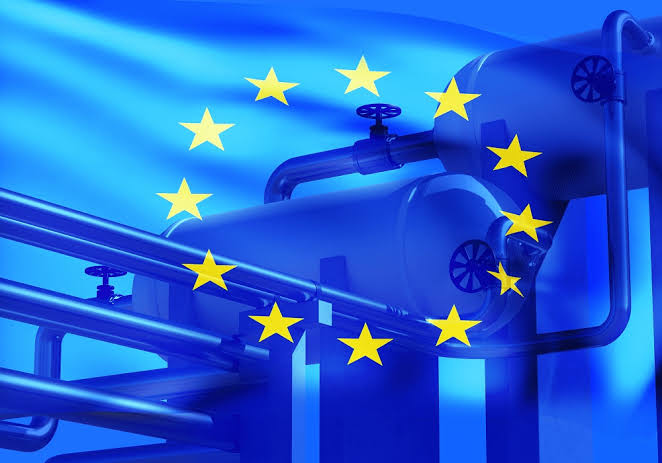The European Union (EU) has taken a bold step in its fight against climate change. On May 27, 2024, EU member states unanimously approved a groundbreaking law targeting methane emissions from imported oil and gas. This legislation, set to take effect in 2030, aims to pressure international suppliers to significantly reduce leaks of this potent greenhouse gas.
Why Target Methane?
While natural gas is often seen as a cleaner alternative to coal, its main component, methane, presents a significant environmental threat. Leaks from oil and gas infrastructure, including pipelines and storage facilities, allow methane to escape into the atmosphere, accelerating global warming. In fact, methane is the second-largest contributor to climate change after carbon dioxide, but with a much more potent heat-trapping effect over shorter timescales.
The EU, the world’s biggest importer of oil and gas, is determined to address this issue head-on. The new law, with only Hungary dissenting, establishes a framework to limit methane emissions throughout the gas supply chain. This move signifies a significant shift in the EU’s approach to tackling climate change and could have a ripple effect on the global energy sector.
The legislation introduces a system of “maximum methane intensity values” for fossil fuels entering the European market from 2030 onwards. The European Commission will define the specific methane limits by that date, ensuring a clear and measurable benchmark for compliance. Companies importing oil and gas exceeding these limits could face financial penalties, creating a strong incentive for suppliers to tighten their operations and minimize leaks.
This move is expected to have a significant impact. “This import standard has the potential to reduce global methane emissions from oil and gas by a third,” said Alessia Virone, EU affairs director at the Clean Air Task Force. Experts believe the new regulations could become a global standard, pushing for stricter methane reduction efforts worldwide.
Major Suppliers Feel the Heat
The new regulations are likely to impact major gas suppliers like the United States, Algeria, and Russia. Since its invasion of Ukraine in 2022, Russia has significantly reduced gas deliveries to Europe. Norway has stepped in to fill the gap, becoming the EU’s top supplier. Fortunately, Norway’s gas production boasts one of the world’s lowest methane intensity levels.
The U.S., which shares the EU’s commitment to reducing methane emissions, has already implemented its own regulations requiring oil companies to limit methane leaks. The Biden administration has welcomed the EU’s initiative, underscoring the growing international cooperation on tackling climate change. This collaborative effort highlights the importance of a unified global approach to address the challenges of climate change.
The EU’s plan extends beyond regulating imports. The new law mandates regular inspections for methane leaks within European oil and gas operations. Additionally, it prohibits most instances of flaring and venting, practices where companies burn off or release unwanted methane into the atmosphere.
The EU’s comprehensive approach to curbing methane emissions sets a strong example for other countries. By targeting both imported and domestic sources of leaks, the EU hopes to make a substantial dent in global methane emissions and contribute meaningfully to mitigating climate change.
Industry Concerns and the Road Ahead
The new regulations have raised concerns within the oil and gas industry. A spokesperson for the International Association of Oil & Gas Producers expressed apprehension about the EU potentially not recognizing existing methane standards from other jurisdictions. Such a scenario could disrupt energy supplies, highlighting the need for international collaboration on establishing harmonized methane regulations.
The EU’s move is a significant step forward in the fight against climate change. As the world’s largest gas importer, the EU has a unique opportunity to influence global practices. The success of this initiative will depend on effective implementation, international cooperation, and ongoing efforts to develop innovative technologies for leak detection and mitigation. The EU’s bold move is likely to spark further discussions and regulations around methane emissions, paving the way for a cleaner energy future.
Source: Reuters



